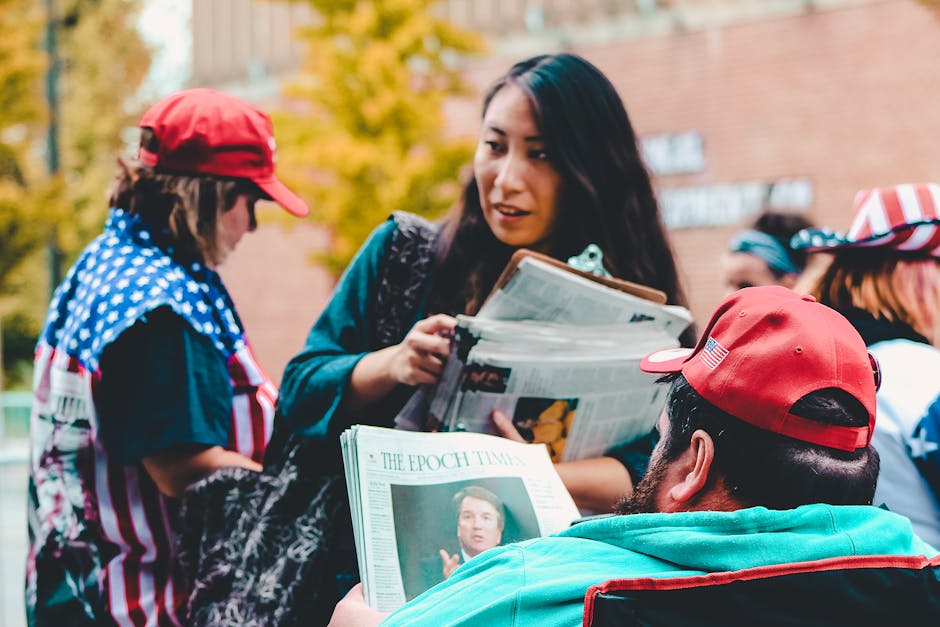Unfriending Politics: How Social Media Fuels Polarization and What We Can Do About It
Unfriending Politics: How Social Media Fuels Polarization and What We Can Do About It

Hey friend, ever noticed how crazy political things get on social media? It’s not just a few grumpy people; it’s a whole phenomenon. I read this fascinating article about how social media is amplifying political division, and I wanted to share the highlights.
Basically, it’s become super common to unfollow or block people who have different political views. A University of Chicago study found that almost 40% of registered voters have done this! And this isn’t new, but it’s getting worse. People are increasingly negative towards those in opposing parties – way more than a decade ago.
Why’s this happening? A big part of it is how social media algorithms work. They tend to show us more of what we already agree with, creating echo chambers. Plus, there’s a whole industry of hyper-partisan influencers who thrive on outrage and anger. Think about it: an angry, emotional post is way more likely to go viral than a balanced news report.
This “affective polarization,” as experts call it, is a serious problem. It means seeing the other side not just as wrong, but as morally reprehensible and a threat to the country. This makes compromise almost impossible.
But the article also offers some hope. One key takeaway is that our political differences aren’t always as huge as they seem. Reminding ourselves that not all Democrats are the same, and not all Republicans are the same, can help. It’s also about choosing our battles. Some people wisely avoid political discussions altogether, especially when they get heated.
The article highlights some students who manage to maintain friendships despite differing political views. Their secret? They’re open to hearing other perspectives, but they know when to change the subject if things get too aggressive. It’s all about respectful dialogue and recognizing that friendships often predate political viewpoints.
So, what’s the bottom line? Social media is a powerful tool, but it’s also shaping how we interact with each other politically. Being aware of this polarization, choosing our battles wisely, and practicing respectful dialogue are crucial steps in navigating these turbulent times. It might not solve everything, but it’s a start.
Disclaimer: This content is aggregated from public sources online. Please verify information independently. If you believe your rights have been infringed, contact us for removal.
